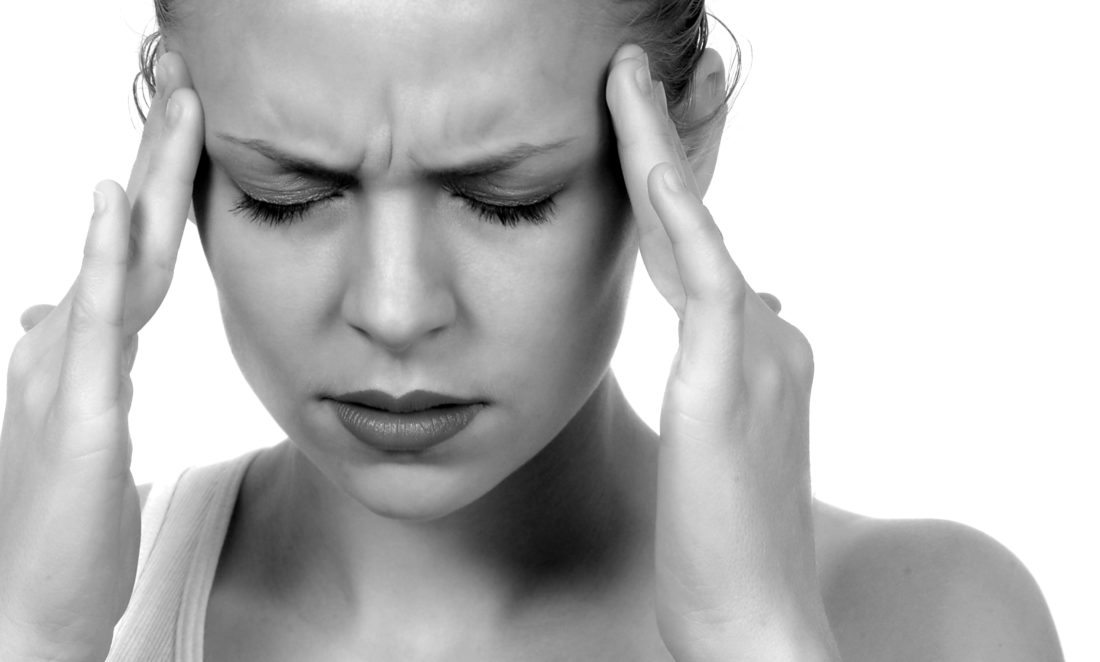Are You Suffering from Chronic Headaches
Chronic headaches can be a very debilitating disorder. A headache can disrupt your workday, spending time with your children, and are flat-out painful. I have suffered from chronic headaches and was the reason I first went to a chiropractor.
This is the start of a series of blogs to discuss different types of common headaches and explore their potential causes and conservative treatments to help mitigate the cause and symptoms. This article is not meant to diagnose or treat an active condition however it is for educational value. The first to explore are tension-type headaches.
Chapter One: Tension Headaches
Tension Headaches are often felt as a band-like squeezing, tightening, or pressure restriction around the head. Scalp tenderness to the touch is also common with this type of headache. Neck and head musculature are felt as tight and tender. Normally is worse by the end of the day.
This type of headache can be the result of both physical and emotional stress. Physical stress comprises of poor ergonomics, poor nutrition, inadequate sleep, and movement. Emotional stress can also cause a tension-type headache because it can result in tight muscles, sleep reduction, and can start a cascade of bad habits.
Common over the counter and prescription drugs may cause a rebound headache that can be worse than the original. This happens after taking the drug for 3 or more days. These include Excedrin, Imitrex, Midrin, Migranal, Zomig, Amerge, Percocet, Tylenol, and some decongestants. Caffeine can also be the culprit of a rebound headache. Rebound headaches should stop when you stop taking the medication. This may be tough to do in the short term but it shouldn’t last for a long period of time.
Conservative Treatment
Conservative treatment is first going to focus on lifestyle habits such as exercise, diet, sleep, and stress management. For instance, movement every hour is very important. Sitting in a static position for more than an hour causes postural fatigue that results in tight sore muscles as well as increased stress on the spine. Chronic postural fatigue can change the length of muscles and result in degenerative bone changes.
Nutrition is an important component to focus on, which we will dive deeper into when discussing migraines. Magnesium deficiency is a common nutritional deficiency and is associated with headaches and muscle cramps which can be assessed clinically by a patient’s response to supplementation. Implementation of an anti-inflammatory diet is beneficial as well, as it can reduce general inflammation and increase absorption of nutrients.
Sleep can arguably be one of the most important things we do to regenerate our body and mind. Hormones are regulated by the circadian rhythm, which is the internal clock that cycles between sleepiness and alertness. The lack of adequate sleep can alter this cycle and disrupt proper hormone function.
Chiropractic Treatment
Reduced spinal motion is associated with all types of headaches. Restrictions in cervical vertebral motion change the dynamic movement of the head and neck, which alters the way the joints and muscles function. Prolonged joint and muscle dysfunction causes pain and loss of motion. Restoring functional motion into the spine with chiropractic treatments reduces headache pain and muscle tension. Myofascial trigger points also need to be assessed. These points can be very painful and if found in the upper neck can cause referred pain to the head and/or face. These are normally treated during a chiropractic appointment with isometric stretching, pressure, dry needling and exercises. Postural corrections are also a concern that is addressed and may be a contributing cause of tension-type headaches.
Another conservative treatment includes acupuncture. Acupuncture is used in Chinese medicine to balance the flow of energy. Traditionally an acupuncturist inserts needles in points along meridians to balance energy flow. Acupuncture has shown to be beneficial in relieving pain.
Don’t wait any longer if you suffer from chronic headaches. I urge you to try these techniques to get you started on a healthier lifestyle. Consult a physician that will assess the physical and bio-mechanical aspects of your pain. Don’t continue to live with chronic pain, take action and take control. Next week the infamous migraine will hit center stage.

